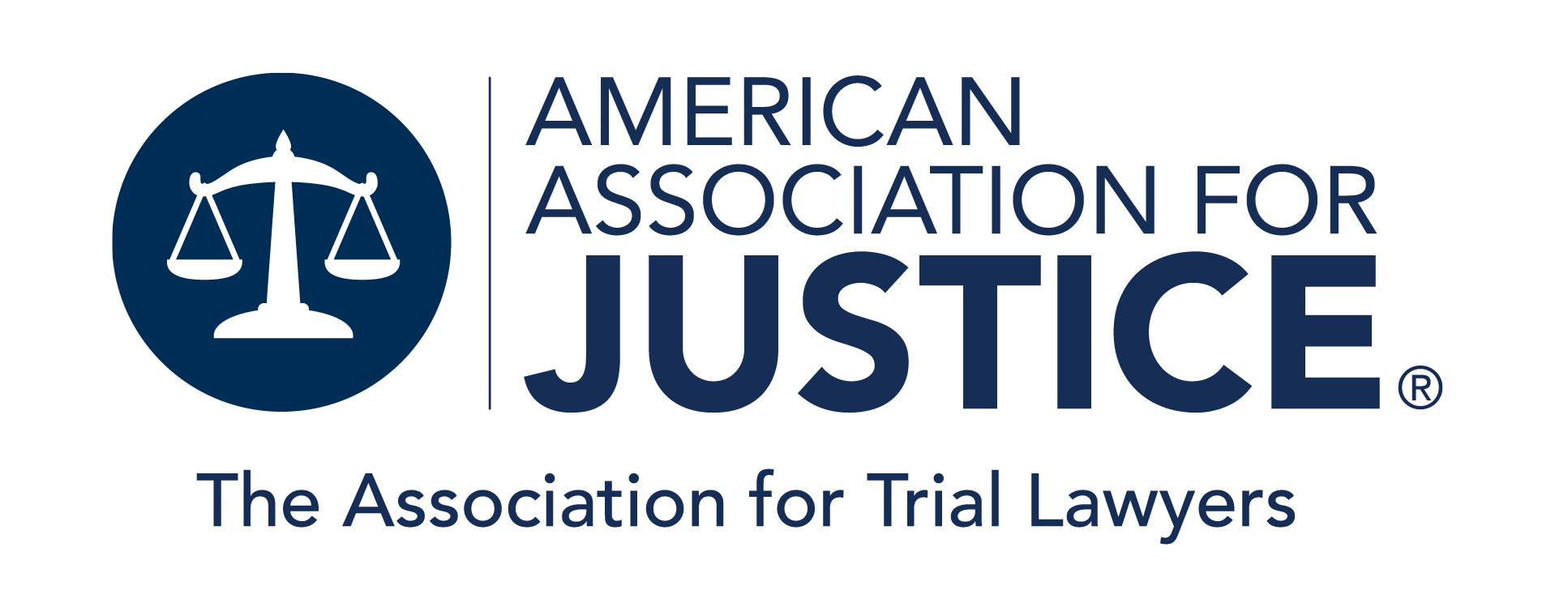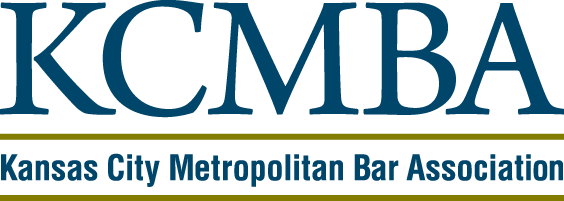
Table of Contents
Overview of Zantac™
On April 1, 2020, the FDA announced its request for immediate removal of all prescription and over the counter ranitidine products from the market. This is the latest update regarding the FDA’s investigation of ranitidine medications containing the contaminant N-nitrosodimethylamine (NDMA). NDMA is a known animal carcinogen and a probable human carcinogen, meaning it could cause cancer. It is also a known environmental contaminant and is found in water and foods, including dairy products and meats. NDMA is an organic chemical that can be formed through natural process as well as result from industrial processes. Due to its molecular structure, the ranitidine molecule may change to NDMA during food storage in the body, usually in the stomach.
The FDA first learned that some ranitidine medications contained low levels of NDMA in September 2019 and have been investigating the nitrosamine impurity since. The agency continues to evaluate the risk level of NDMA in ranitidine and the possible effect on consumers who have been taking the contaminated drug.
Ranitidine, commonly known by the brand name Zantac™, is sold both over the counter (OTC) and as a prescription to aid in decreasing the amount of acid created by the stomach. It belongs in a class of drugs known as H2 (histamine-2) blockers. The prescription drug is approved for multiple conditions, including the treatment of gastroesophageal reflux disease, and prevention and treatment of ulcers in the intestines and stomach. OTC Ranitidine is often used to relieve heartburn. Multiple companies offer generic versions of both the OTC and prescription drug.
On September 24, 2019, the FDA announced a voluntary recall of fourteen lots of prescription ranitidine distributed by Sandoz Inc. At this time, the FDA advised consumers they could continue taking ranitidine that had not been recalled, as not all lots were considered contaminated at the time. As part of the FDA’s ongoing effort to ensure the safety of products for consumers, an announcement was made in December 2019 in which the FDA asked manufacturers of ranitidine and nizatidine products to expand their testing of NDMA to include all lots of the medications. Manufacturers were advised they must inform the FDA if the testing showed levels of NDMA above the acceptable daily intake limit, which is 96 nanograms per day, and were instructed not to release these lots to consumers.
NDMA Detected in Ranitidine Products
NDMA was detected in both the finished drug product and the active pharmaceutical ingredients (API’s) tested in ranitidine products. Simulated gastric and intestinal fluid were used to test the drugs, which showed that NDMA was not formed in the stomach or intestines, but levels of NDMA in some ranitidine products increased over time at room temperatures. NDMA levels in some ranitidine finished drug products were also found to increase as a result of increased temperatures. While the FDA claims low levels of NDMA commonly ingested in food and water is not expected to increase a person’s cancer risk, the risk is higher when exposed to higher levels of the NDMA for a period of time. The testing of ranitidine contamination has also shown a correlation between an increased length of time since a ranitidine product has been manufactured and a higher level of NDMA.
In the months since the initial Sandoz ranitidine recall, the FDA has continued to alert patients and health care professionals of voluntary recalls for various ranitidine manufacturers leading up to the April 2020 request to remove all ranitidine products from the market. Consumers taking over the counter ranitidine have been encouraged to use other OTC products to treat their condition. The FDA has offered OTC alternatives free of NDMA to relieve heartburn, including options such as Pepcid™ (famotidine), Nexium™ (esomeprazole), and Prilosec™ (omeprazole). As of April 2020, new or existing prescriptions and over the counter ranitidine products are no longer available.
NDMA Exposure in Humans
Exposure to NDMA in ranitidine products has been linked to various cancers including stomach cancer, liver cancer, esophageal cancer, bladder cancer, colorectal cancer, and non-Hodgkin’s lymphoma. NDMA is also a hepatotoxin, which is a toxic chemical that damages the liver. Short-term exposure to NDMA can cause liver damage such as liver fibrosis and scarring, while long-term exposure can increase the risk of liver, kidney, and lung tumors. There are various symptoms associated with NDMA overexposure including headaches; fever; nausea; jaundice; vomiting; abdominal cramps; enlarged liver; reduced function of the liver, kidneys, and lungs; and dizziness.
Let Us Help
Call the Hollis Law Firm at 1-800-701-3672 or 913-385-5400 if you or a loved one has taken Zantac™ and developed cancer. All calls and case evaluations are free and carry no obligation. The Hollis Law Firm works on cases on a contingent fee basis, which means we do not get paid if you do not get paid. Call 1-800-701-3672 to speak to one of our trained Zantac intake specialists so that your potential Zantac cancer claim can be reviewed by an attorney at the Hollis Law Firm. The injuries and damages caused by contaminated Zantac™ will not be uniform; therefore, claims will need to proceed on an individual basis and not as part of a class action.














